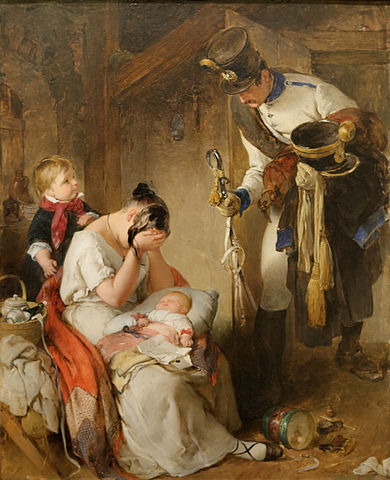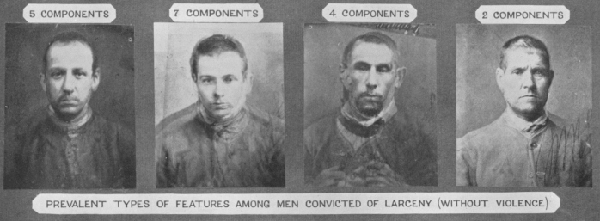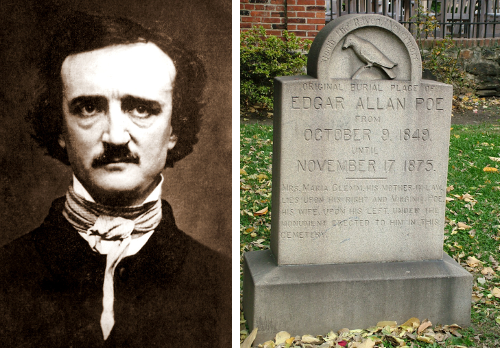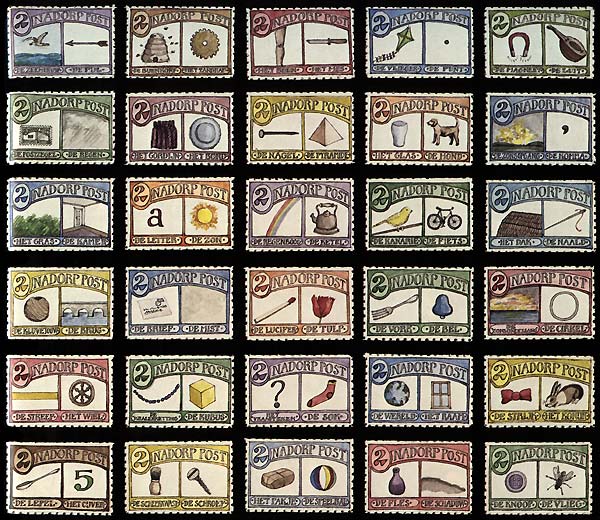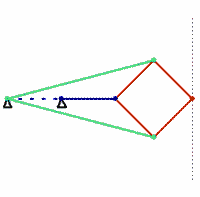On Feb. 19, 1916, as workers were digging a new subway line under the East River toward Brooklyn Heights, a burst of compressed air blew 28-year-old Marshall Mabey up through 12 feet of river bed, through the river, and 25 feet into the air atop a geyser of water. Impossibly, he was not seriously injured. From the New York Times:
‘The first thing that told me something was wrong,’ he related yesterday, ‘was when I saw an opening in the earth ahead of the shield which was used to protect the tunnel as we went along. The hole was then about eighteen inches in size. Frank Driver, my partner, and I grabbed hold of a big plank and threw it at the hole to stop it up. I found that the air pressure was pushing me toward the hole, and I tried to save myself by grabbing the air pipes. I missed them, and then I felt myself being pushed into the hole.
‘As I struck the mud it felt as if something was squeezing me tighter than I had ever been squeezed. I was smothered and I guess I lost consciousness. They tell me I was thrown about twenty-five feet above the water when I came out, but I don’t remember that.
‘I am a good swimmer and I kept my mouth shut and came up to the surface. I had on my big rubber boots and they bothered me but I managed somehow to keep my head above the surface. My left leg was numb but I could move it. Finally men on a pier threw me a rope and I held on until I was taken out of the water.’
He said he hoped to return to work within a day or two. “Of course I know that Marshall is in danger every time he goes to work,” said his wife, “but all work is dangerous and my husband is as careful as he can be. His job is a good one and I am glad he has it.”

